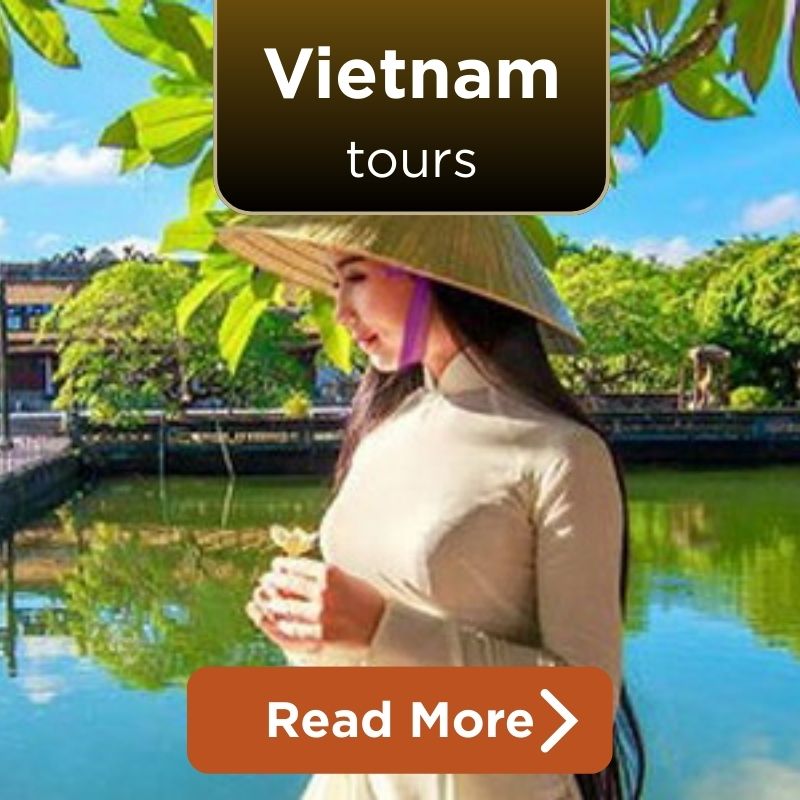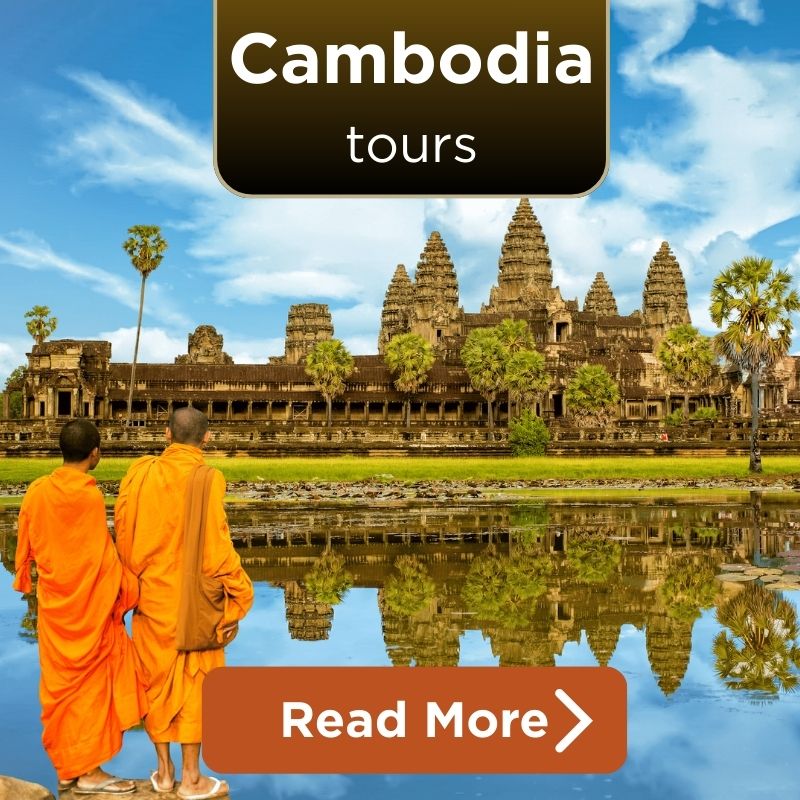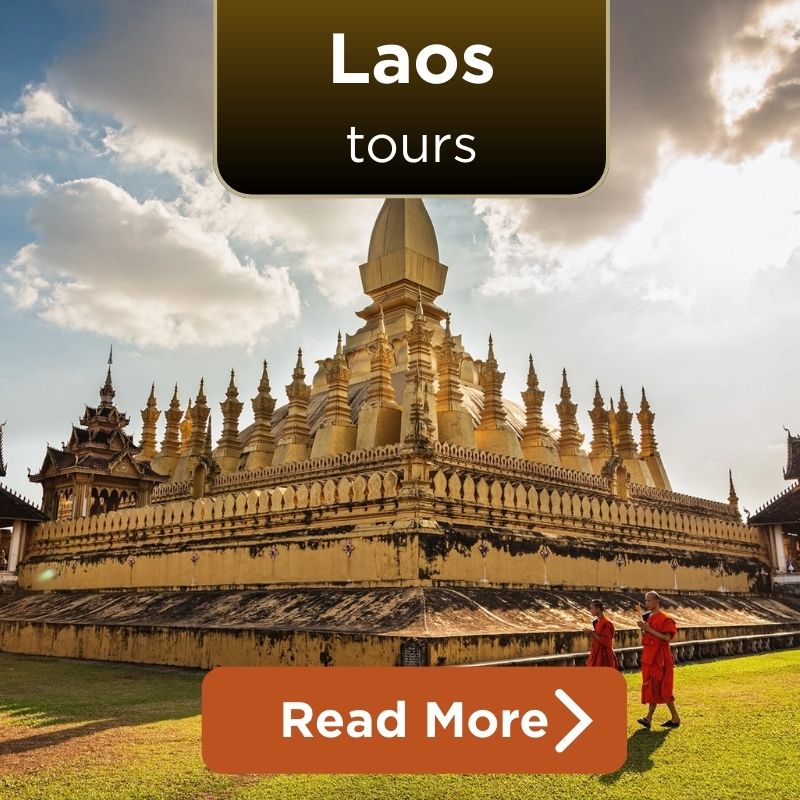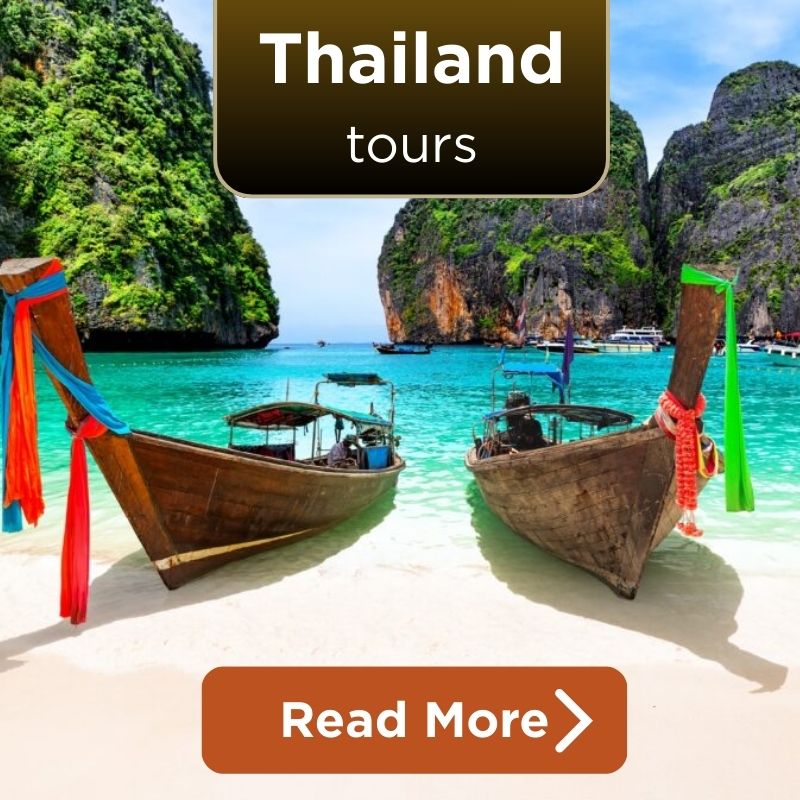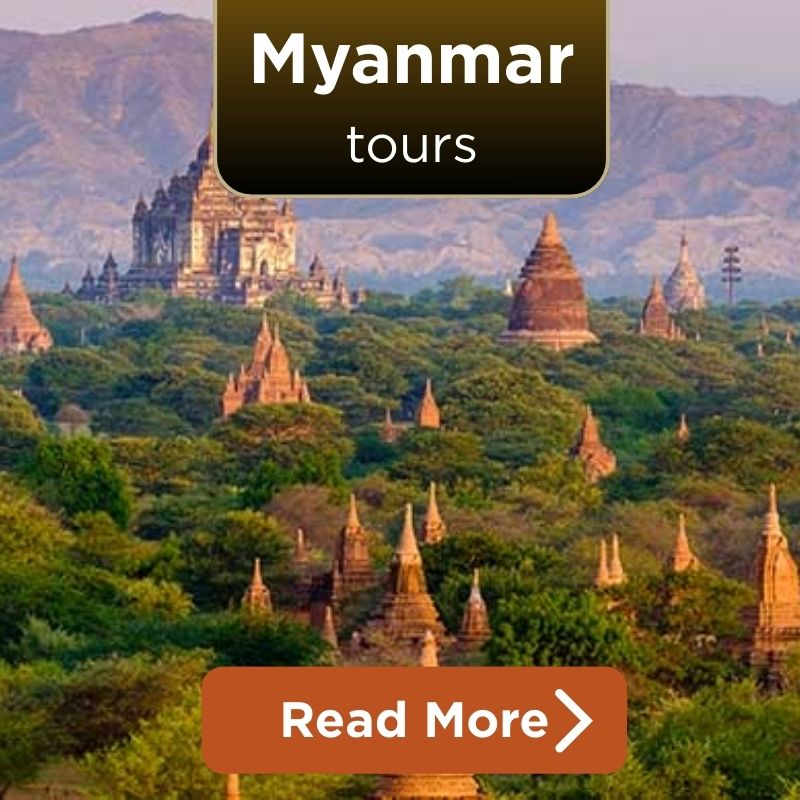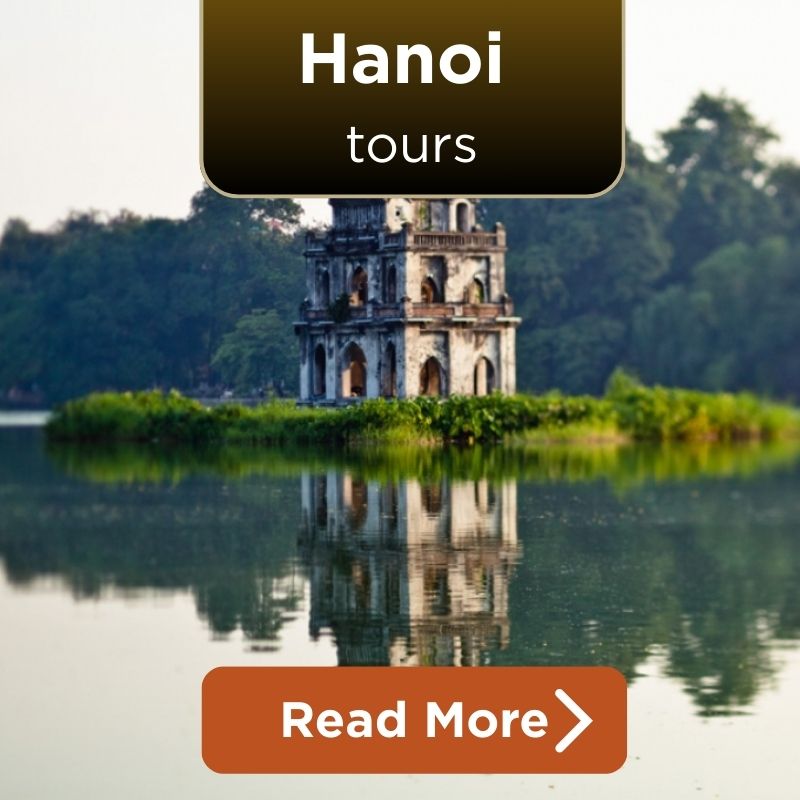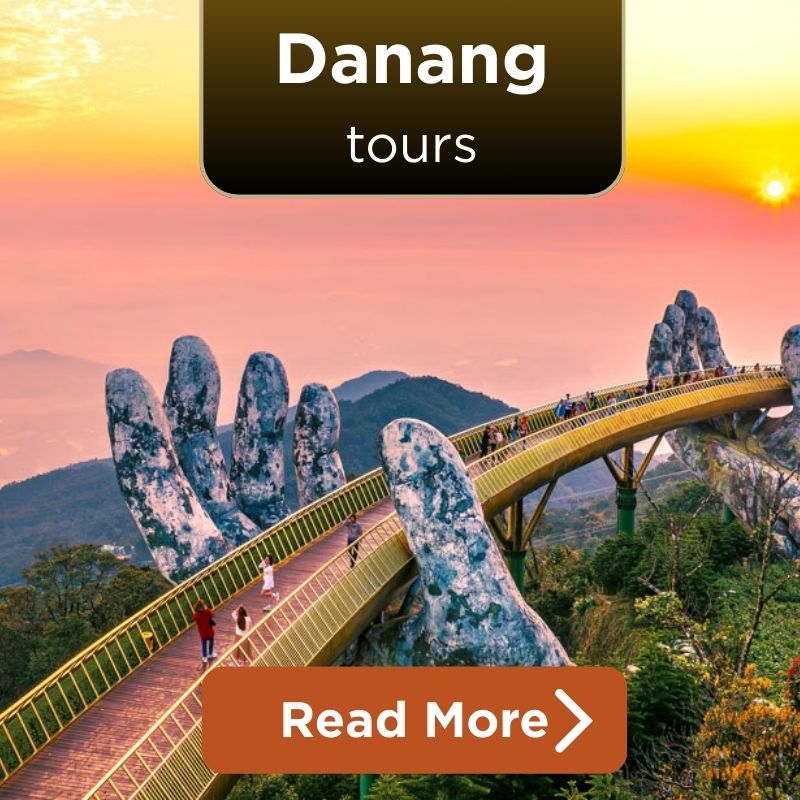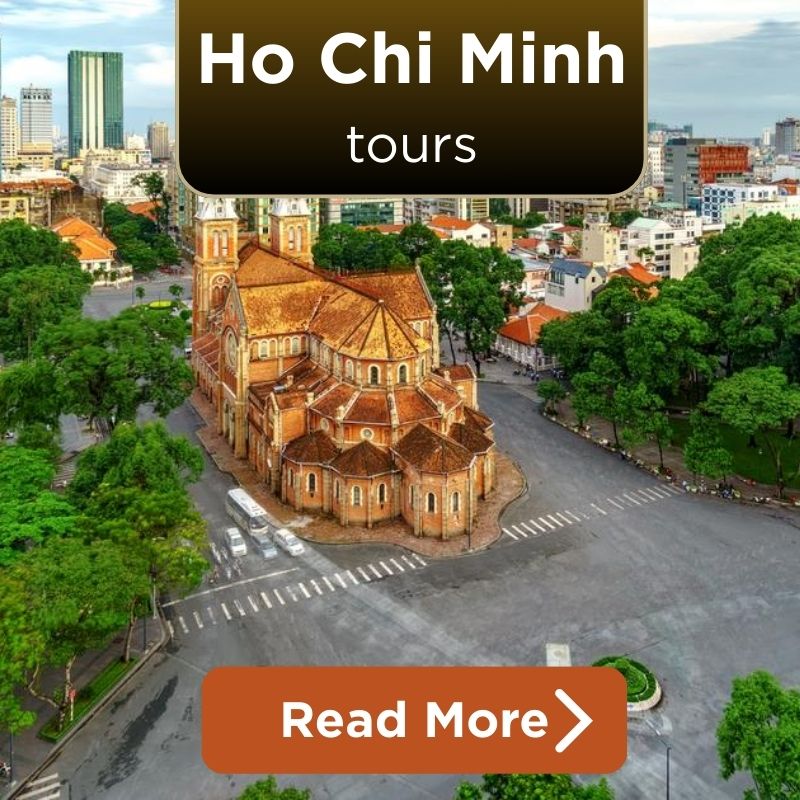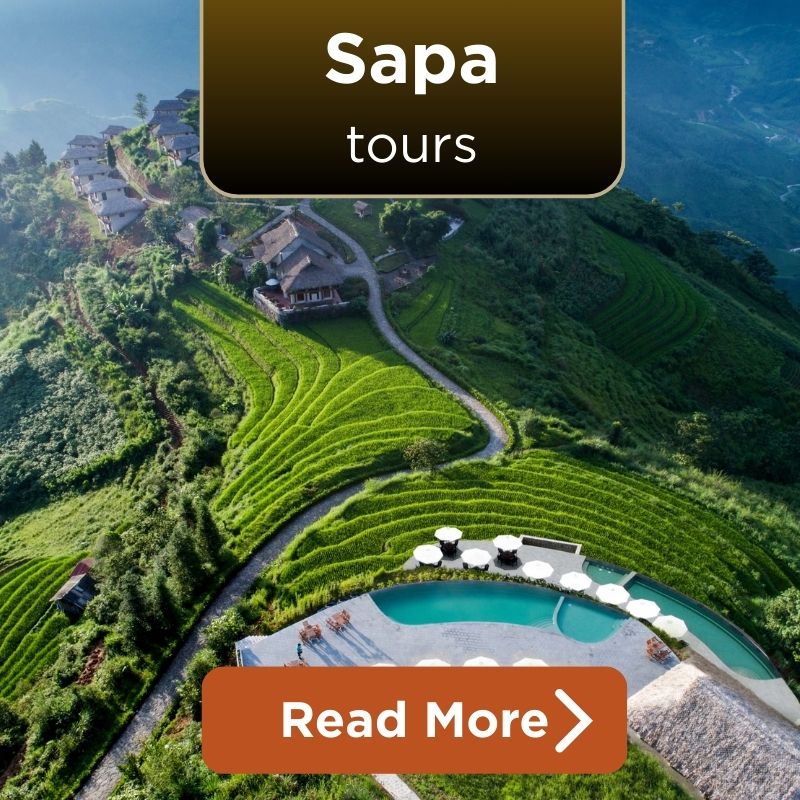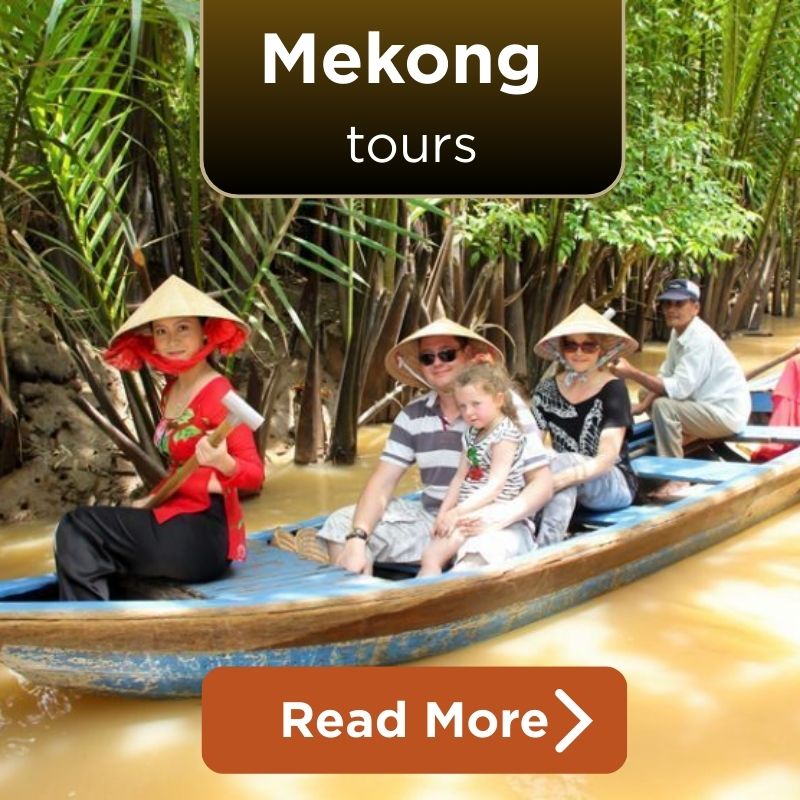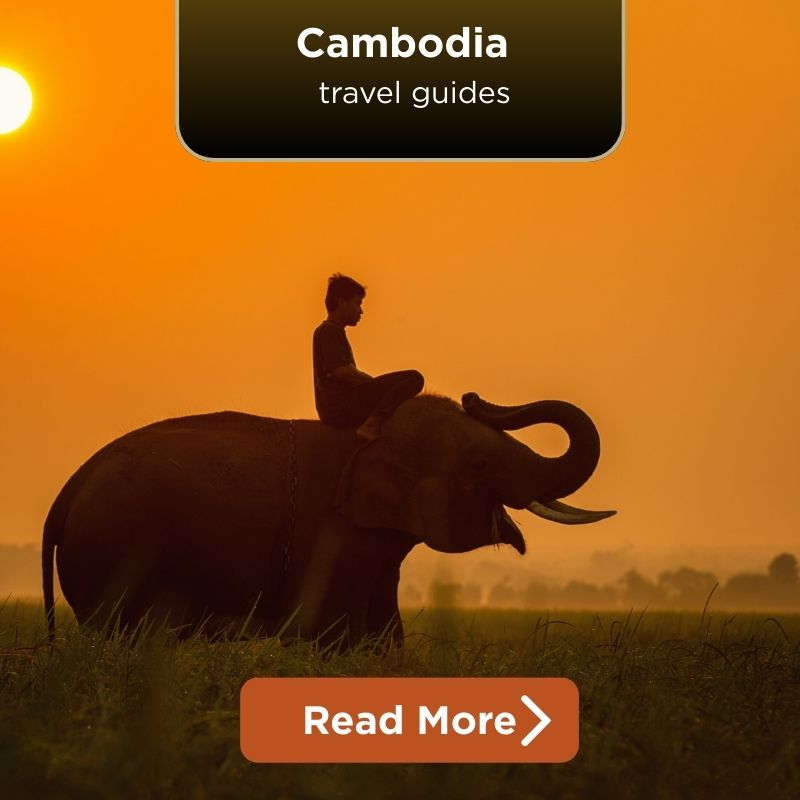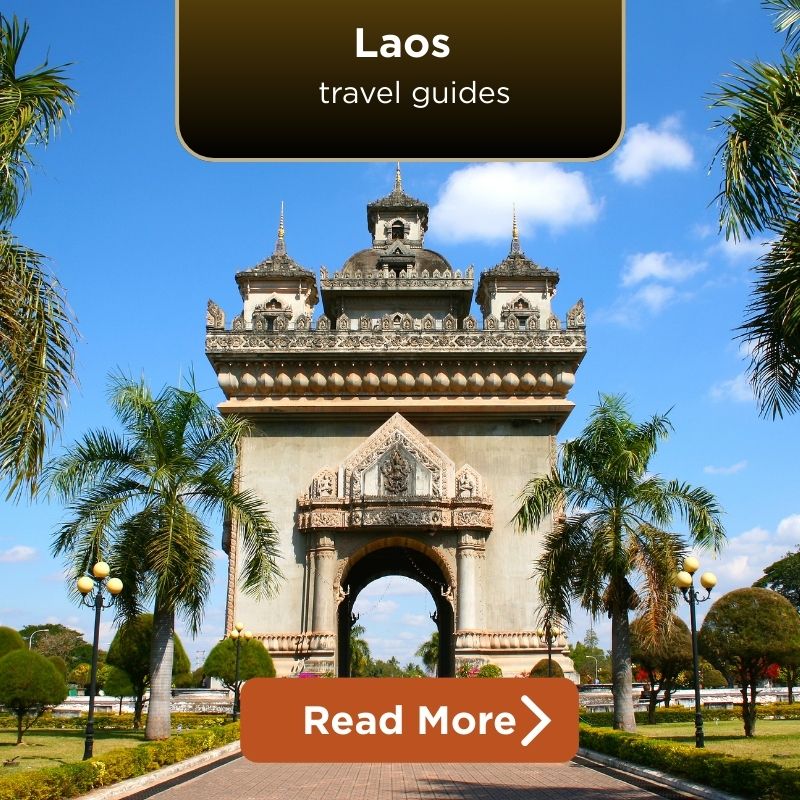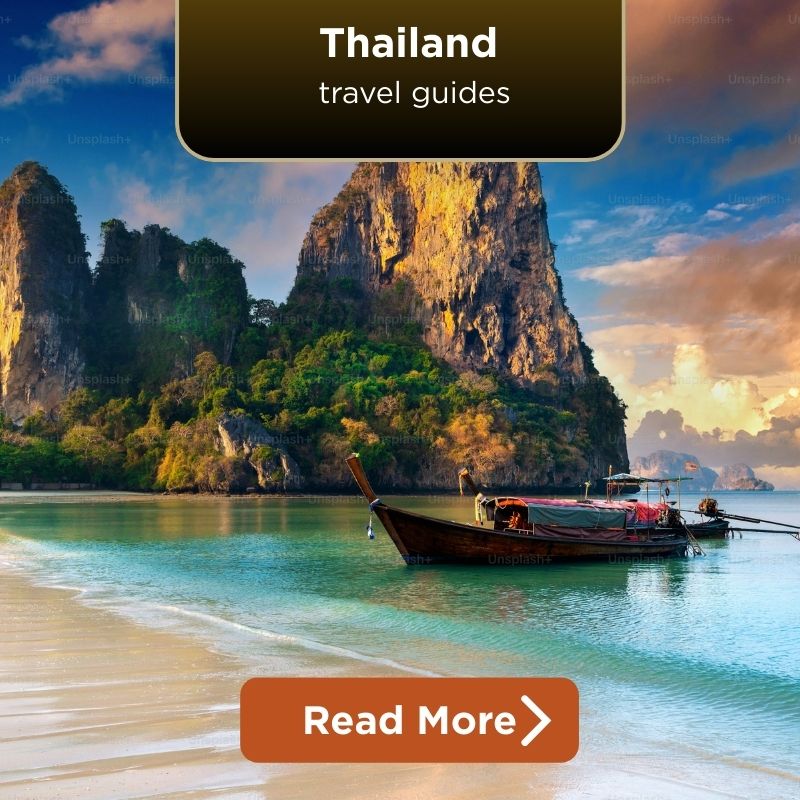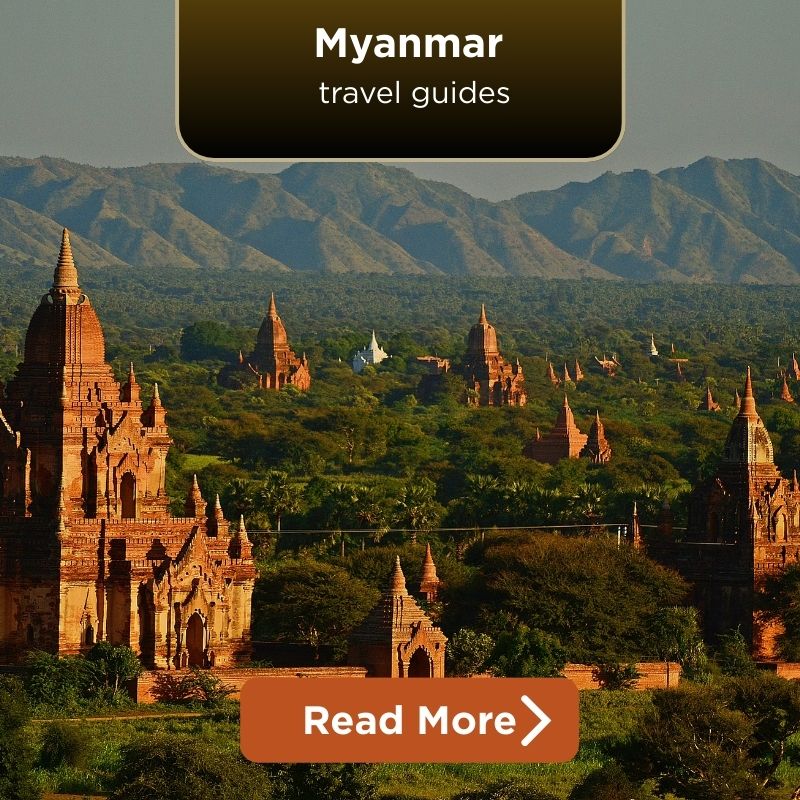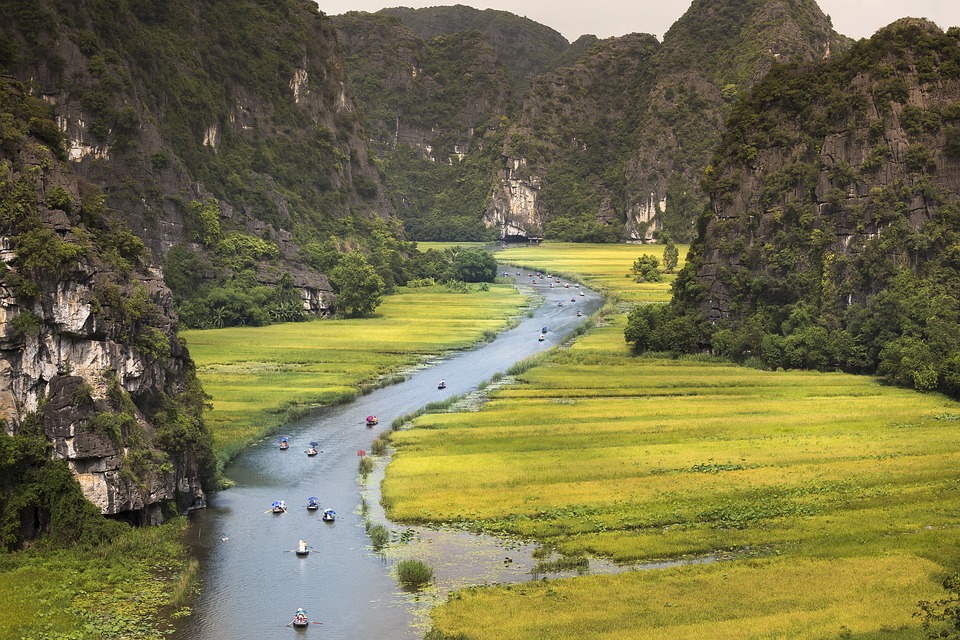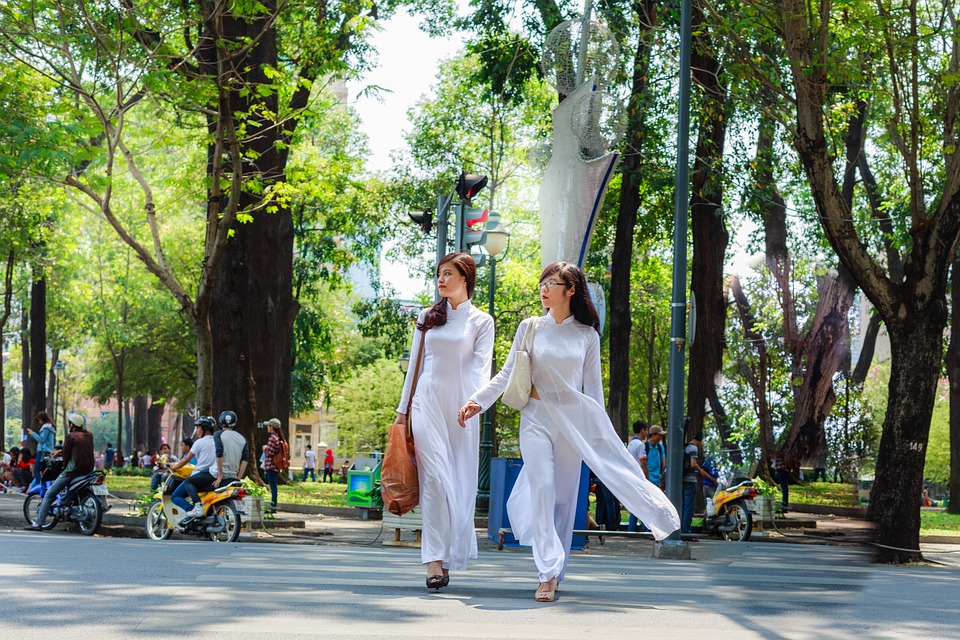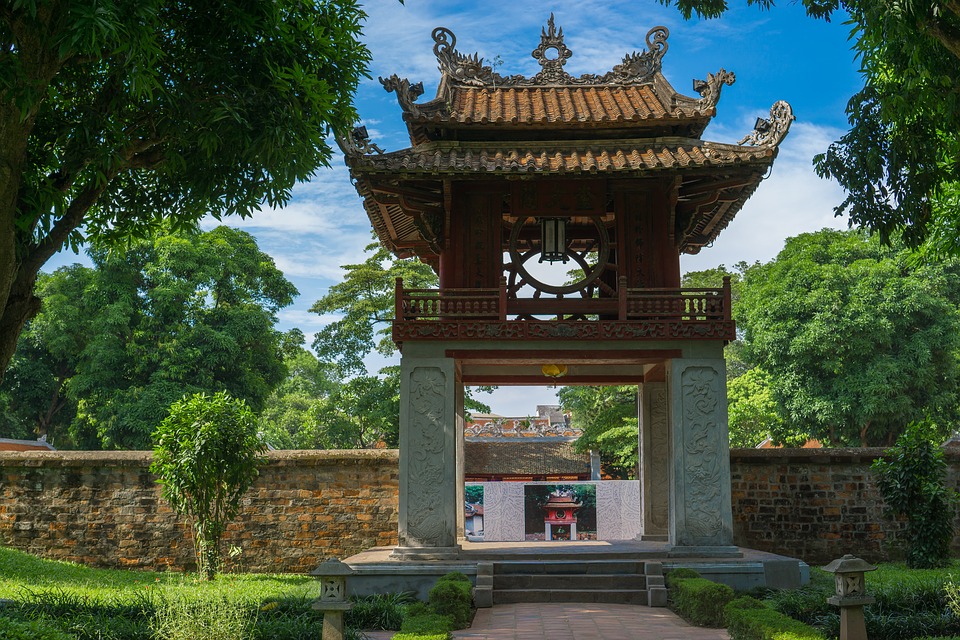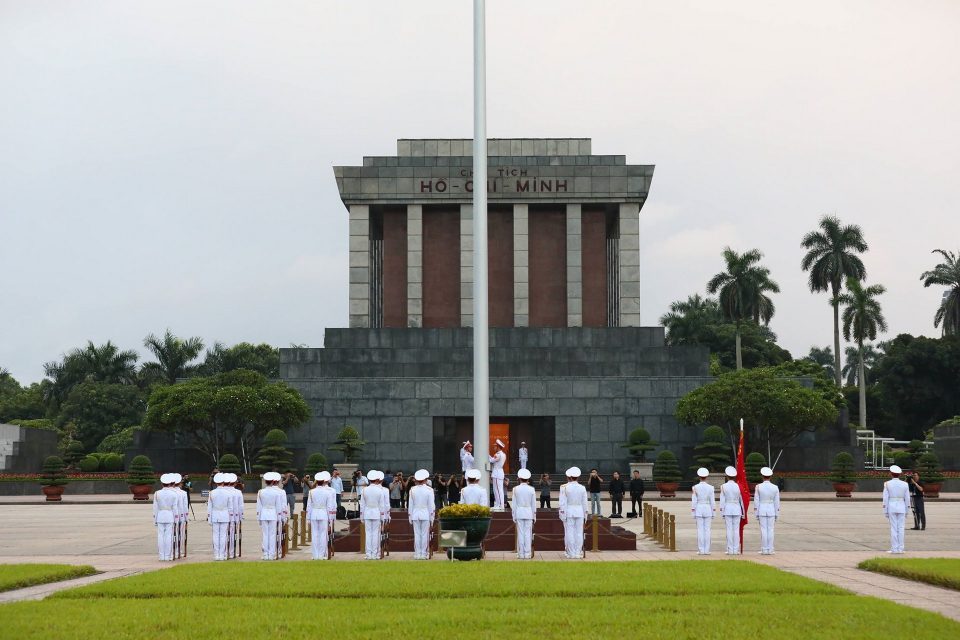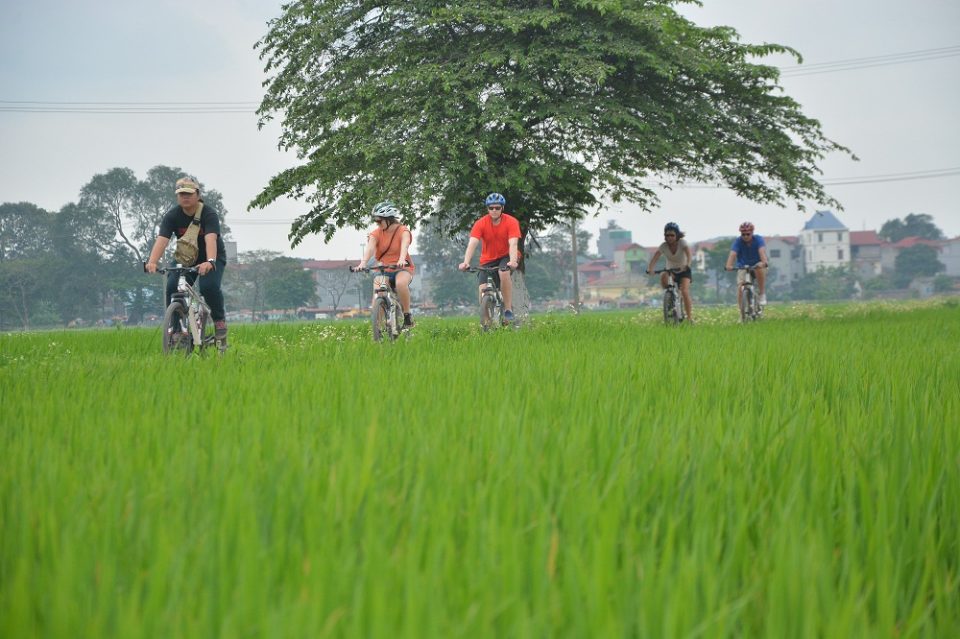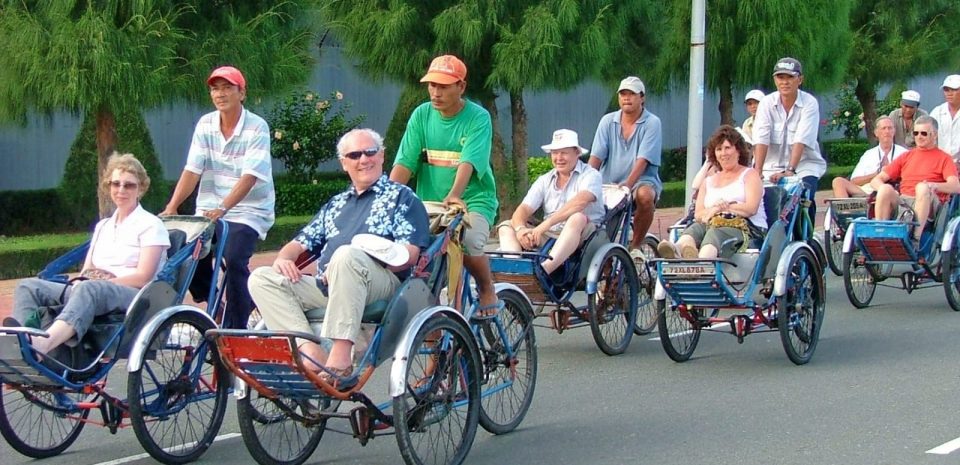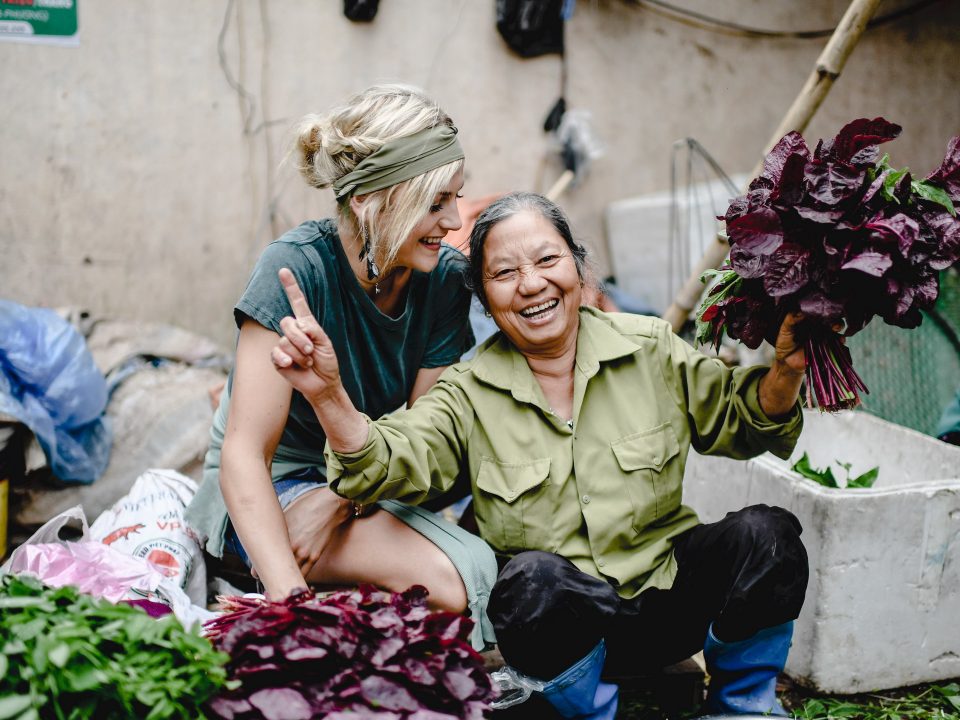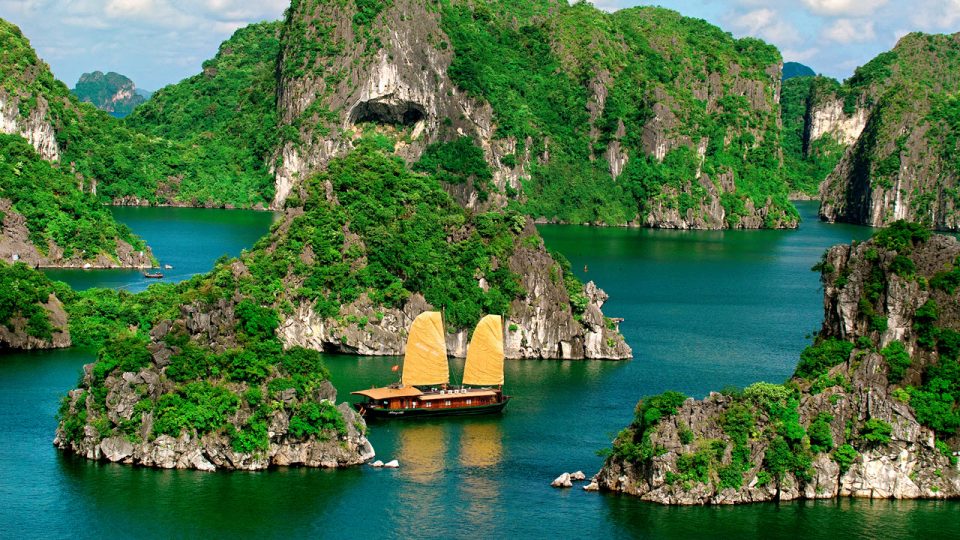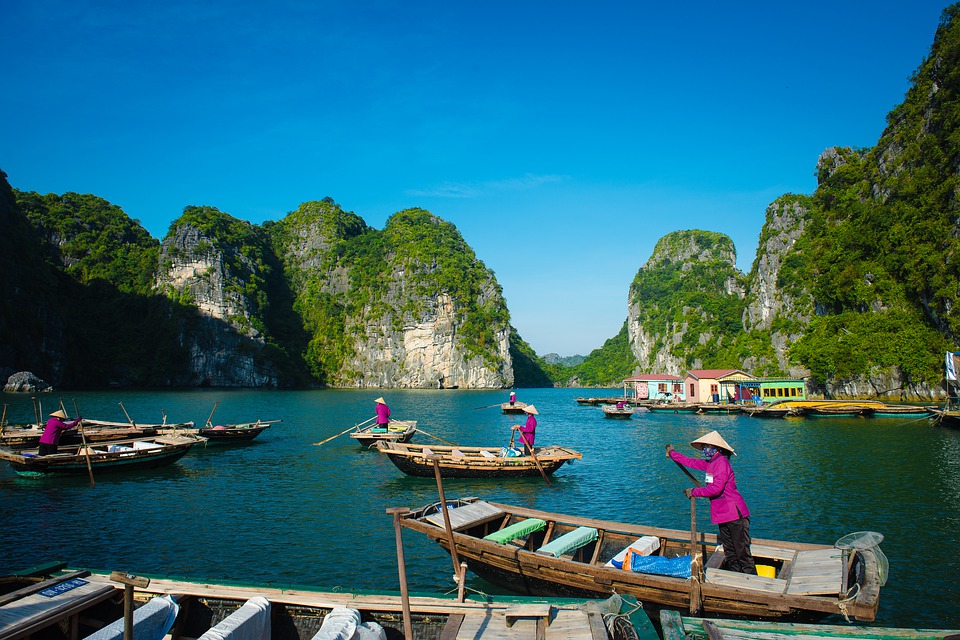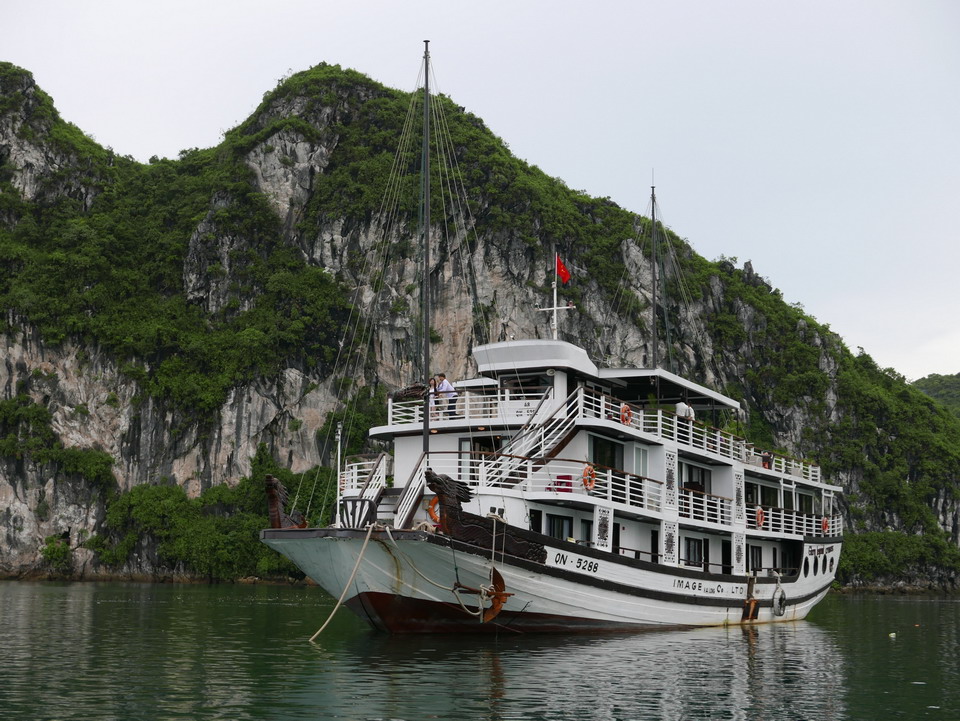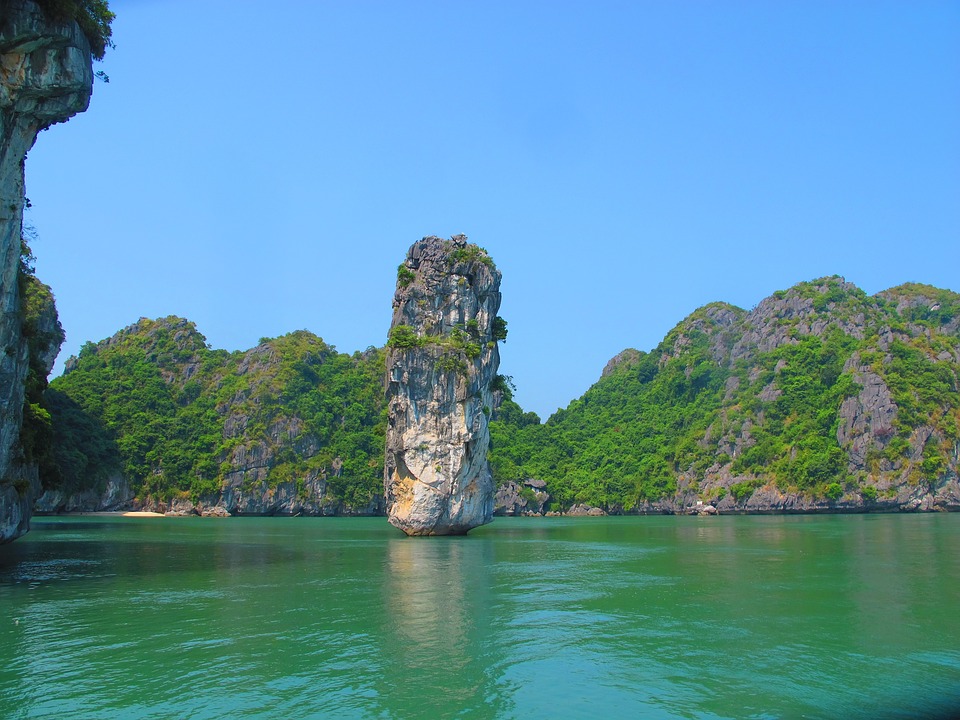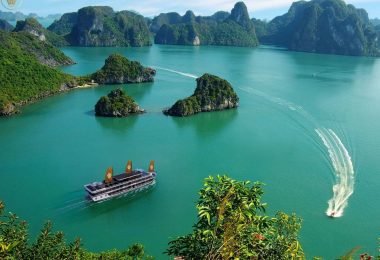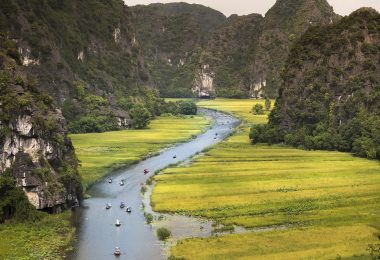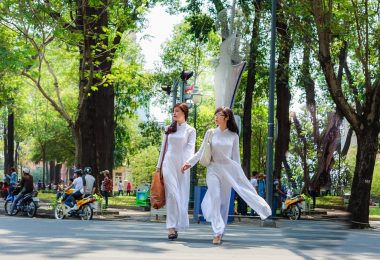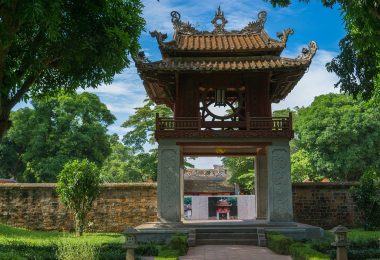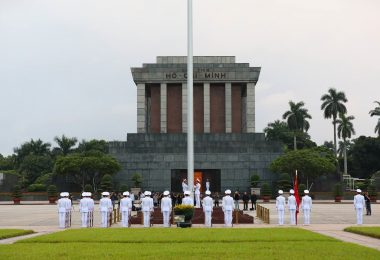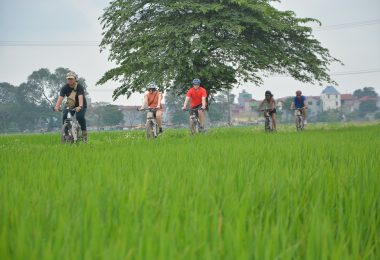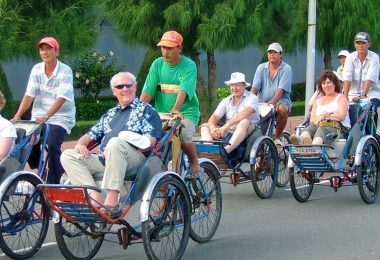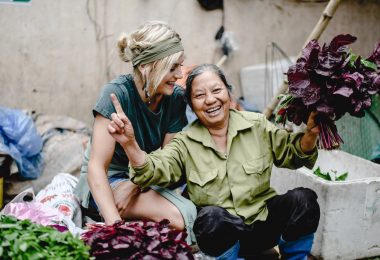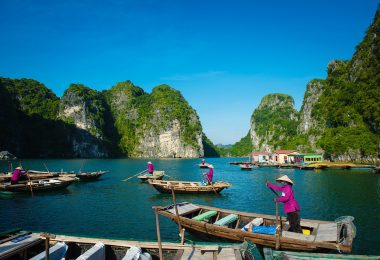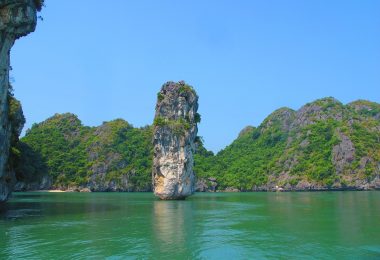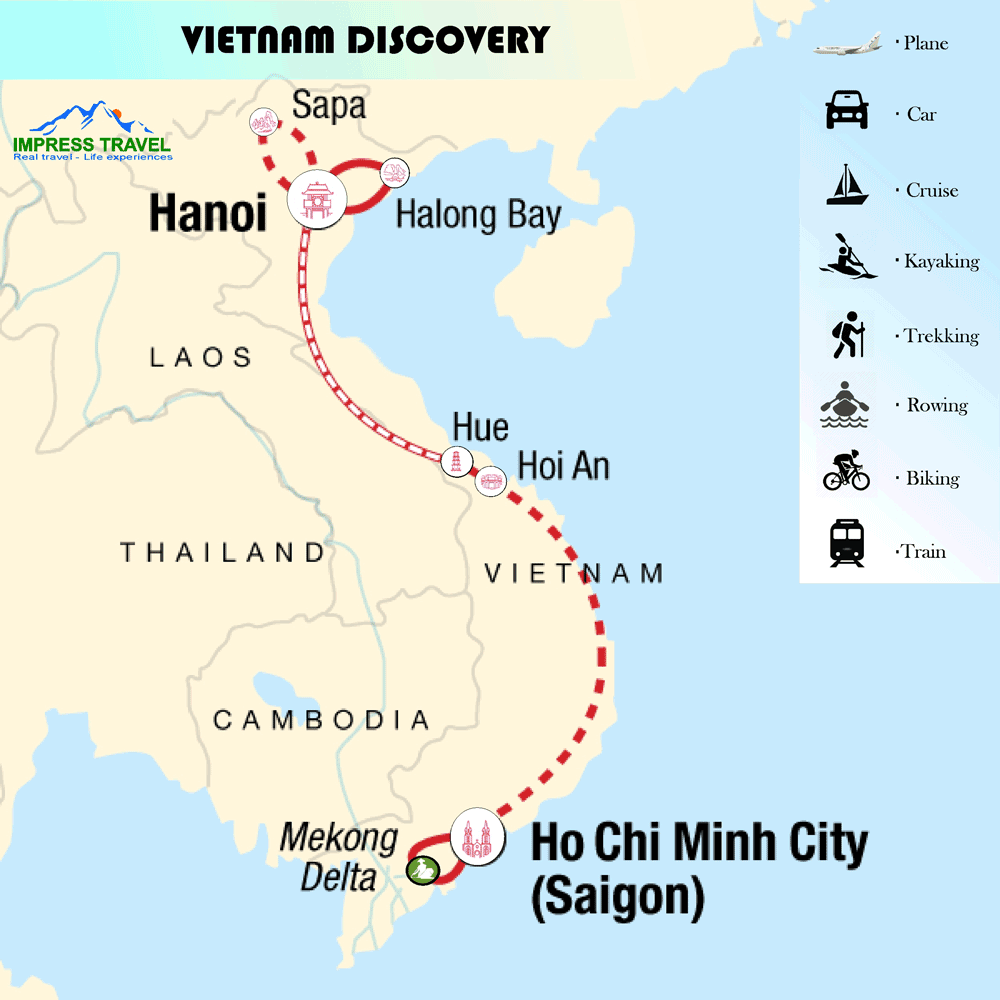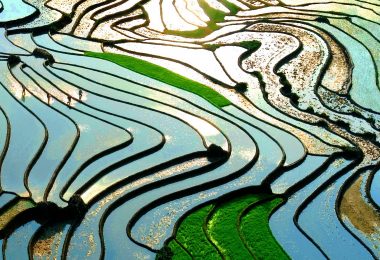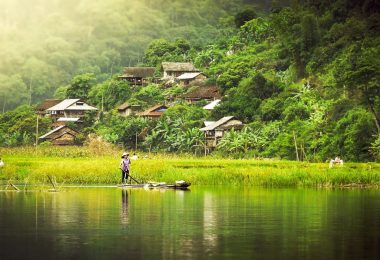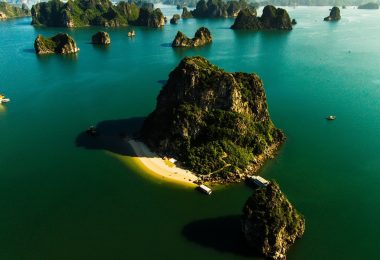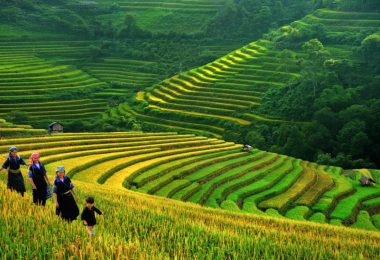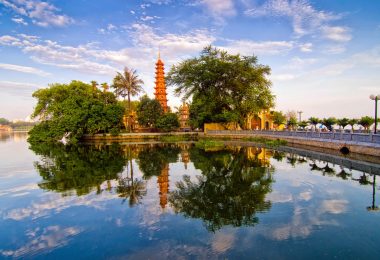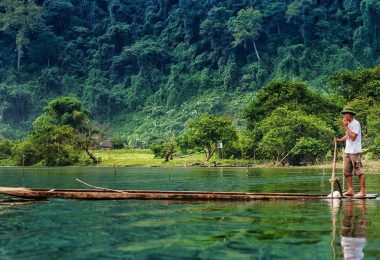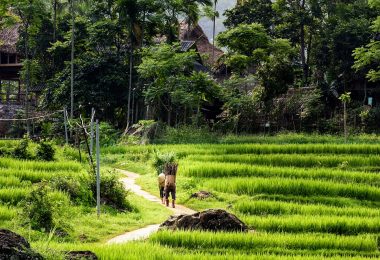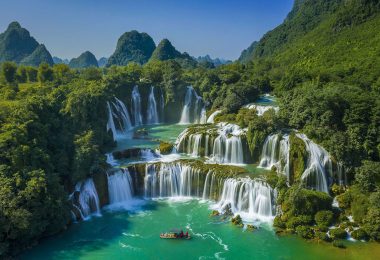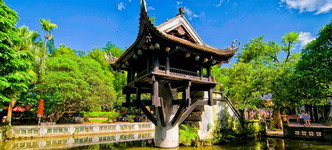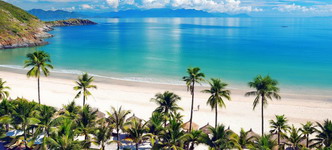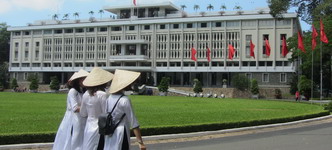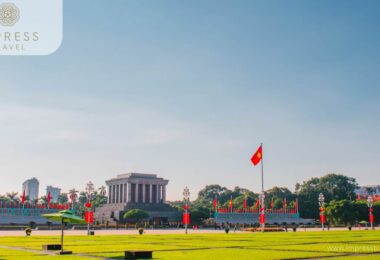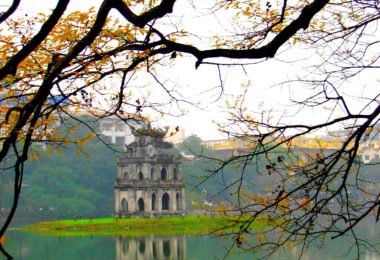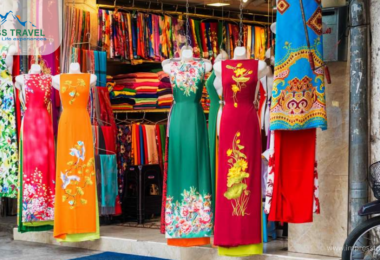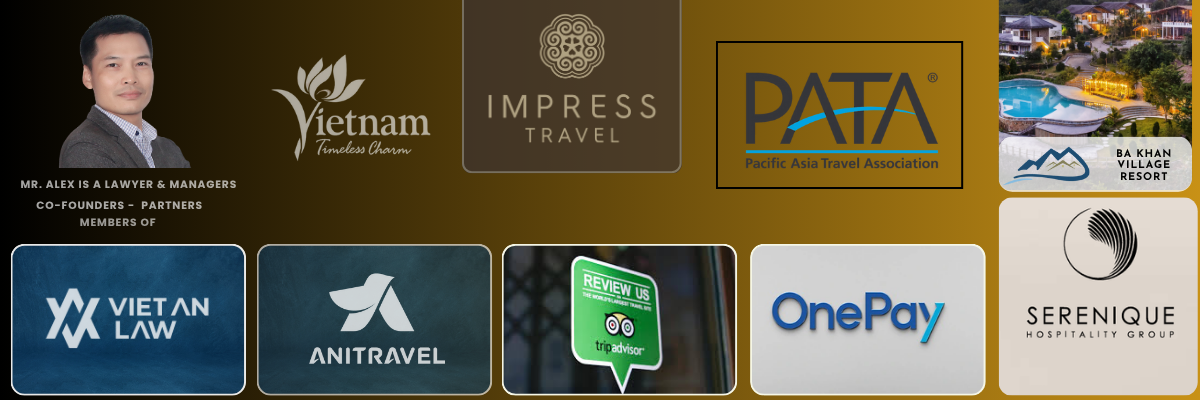Hanoi draws tourists with its distinctive traditional festivals, which take place all year long, in addition to its historical artifacts and picturesque locations. Every celebration is unique and adds to the capital’s diverse cultural mosaic. If you’re taking part in event tours in Hanoi, you shouldn’t miss these noteworthy festivals:
Traditional festivals in Hanoi
Dong Da Mound Festival (5/1)
The Dong Da Mound Festival takes place on the 5th day of the Lunar New Year. This is an opportunity for people to commemorate the victory of Emperor Quang Trung – Nguyen Hue in the battle against the invasion of 50,000 Qing troops in 1789.
The festival takes place at the Dong Da Mound relic site, which marks the glorious victory of the Tay Son insurgents. This is also a spiritual destination that attracts tourists with the temple of Emperor Quang Trung and other heroes.
The Dong Da Mound Festival is held with many solemn rituals, such as palanquin processions, sacrifices, and offering incense to commemorate heroes. Besides the solemn ceremony, there are many other activities, such as lion dancing, cheo singing, chess competitions, tug of war, etc. In addition, the festival also includes traditional Hanoi dishes such as “pho”, “bun cha”, “banh cuon”, etc.
The Dong Da Mound Festival is not only an opportunity to commemorate national heroes but also contributes to educating the young generation about the spirit of solidarity and awareness of protecting the Fatherland.
Co Loa Temple Festival (6/1)
The Co Loa Temple Festival is one of the oldest and most famous traditional festivals in Hanoi. The festival takes place from the early morning of the 6th day of the Lunar New Year to the 18th day of the first lunar month (every 3 or 5 years) at Thuong Temple, the place to worship King An Duong Vuong, who was instrumental in establishing the Au Lac state in history.
The festival takes place with many solemn rituals such as palanquin processions, sacrifices, and incense offerings to commemorate King An Duong Vuong and the gods. The festival also has many unique folk games such as cockfighting, tug of war, shuttlecock throwing, wrestling, etc. Coming to the festival, you will have the opportunity to enjoy traditional dishes of the Co Loa countryside. and participate in special musical performances such as cheo singing, water puppetry, ca tru, etc.
The Co Loa Temple Festival is an opportunity for local people and tourists to commemorate the heroic king and the historical and cultural values of Co Loa land, contributing to preserving and promoting the traditional cultural identity of the people.
Huong Pagoda Festival (6/1)
The Huong Pagoda Festival is one of the festivals that attracts a large number of tourists from everywhere at the beginning of the year. The festival takes place at the Huong Pagoda scenic relic site in Huong Son commune, My Duc District, Hanoi. This festival dates back to the Ly Dynasty and flourished during the Le Dynasty, associated with the legend of Princess Dieu Thien attaining enlightenment at Huong Tich Cave.
The Huong Pagoda Festival takes place from January to March of the lunar calendar, but attracts the most visitors around February and March of the lunar calendar. The official opening ceremony takes place on January 6 of the lunar calendar. There are many solemn rituals, such as palanquin processions, sacrifices, and offering incense to pray for peace and luck. You can also participate in spiritual activities such as picking fortune, praying for fortune, resolving droughts, etc.
The Huong Pagoda Festival is an opportunity for people to show their respect for Buddhism and gods. This is also a bridge for tourists from all over to find a sacred, pure land, contributing to preserving and promoting the traditional cultural values of the nation.
Giong Temple Festival (6-8/1)
The Giong Festival, also known as the Phu Dong Festival, held in the first lunar month, is a festival associated with the legend of the Heavenly Prince of Phu Dong, the hero who helped the 6th Hung King defeat the An invaders.
The Giong Festival has many solemn rituals, such as the palanquin procession, sacrifice, and offering incense to commemorate the Heavenly Prince of Phu Dong and heroes. Besides the solemn ceremony, the festival also has many exciting cultural activities such as lion dancing, cheo singing, chess competitions, tug of war,… When you come there, you will have the opportunity to enjoy traditional foods of the Phu Dong countryside, such as banh te, porridge with intestines, banh cuon, etc.
The Giong Festival is not only an opportunity to commemorate the Heavenly Prince of Phu Dong and heroes but also a symbol of the resilient spirit, independent will, and glorious victory of the Vietnamese people.
Vong La Festival (13-15/1)
The Vong La Festival, also known as the Dai Do Village Festival, is one of the oldest and most famous traditional festivals in Hanoi, taking place at Dai Do Communal House, Dai Do Village, Vong La Commune, Dong Anh District, Hanoi. Vong La Festival is held to commemorate the merits of the Five Gods, the heroes who helped villagers defeat the An invaders and build a peaceful homeland.
The annual Vong La Festival is divided into two festivals: from January 13 to 15 and August 15 of the lunar calendar. The festivals are organized very solemnly by the villagers. During the festivals, many folk games take place: lion dancing, quan ho singing, cheo singing, van singing, boat rowing, cockfighting, etc. If you have the opportunity to participate in the Vong La Festival, visitors will be immersed in folk traditions and the long-standing culture that the people of Vong La Village still preserve.
Tan Vien Son Thanh Festival (14/1)
The Tan Vien Son Thanh Festival, also known as Thuong Temple Festival, takes place from the 14th to the 16th of the first lunar month every year and is one of the biggest festivals in the Doai region. The festival takes place at the Thuong Temple – Middle Temple – Ha Temple relic complex in Minh Quang and Ba Vi Communes, Ba Vi District, Hanoi.
The Tan Vien Son Thanh Festival is associated with the legend of Son Tinh, the god of Tan Vien mountain, who defeated the water god king Hung Ba in the fight for Princess My Nuong. Son Tinh is considered the god who governs the Tan Vien mountain region, protecting the peaceful lives of the people.
The festival has many solemn rituals, such as the water procession ceremony, announcement ceremony, sacrifice ceremony, and offering incense to pray for peace and luck. Visitors can also participate in exciting cultural activities such as cheo singing, van singing, water puppetry, competing in folk games, etc.
Hai Ba Trung Temple Festival (6/2)
Hai Ba Trung Temple Festival takes place from the 6th to the 10th of the first lunar month every year. However, the main activities usually take place from the 6th to the 8th of January of the lunar calendar. The festivals are celebrated at the Special National Relic Area – Hai Ba Trung Temple, Me Linh Commune, Me Linh District, Hanoi.
Hai Ba Trung Temple Festival is organized to commemorate the great contributions of Hai Ba Trung, two female heroes who led the uprising against the Han invaders in the 1st century AD. The festivals show the gratitude of the descendants to the two female heroes who sacrificed for the independence and freedom of the nation.
The annual sacrifice here is also performed according to traditional rituals, which are solemn and sacred. The water supply ceremony, carrying Red River water to Hai Ba Trung temple to conduct the Moc Duc ceremony according to traditional rituals, is truly an intangible cultural value of great significance, enriching the heritage treasure and cultural assets of the nation. At the festivals, traditional art programs, cultural and musical activities, and incense-offering ceremonies of organizations, unions, people, and visitors will also take place.
Bat Trang Village Festival (14-15/2)
Bat Trang Village Festival occurs in the first lunar month every year in Bat Trang Village, Bat Trang Commune, Gia Lam District, Hanoi, a place famous for traditional ceramics more than 500 years old. The festivals are opportunities for the people of Bat Trang Village to commemorate the contributions of those who have contributed to the birth and development of the ceramic profession, while also expressing gratitude to their ancestors and praying for good things for the new year.
The festivals take place with many solemn rituals, such as a water procession, sacrifice, offering incense to commemorate the pottery masters, a palanquin parade, a competition of folk games, etc. In addition to entertaining activities, you will also experience art appreciation activities with ceramic products or enjoy the moments of molding ceramic products yourself.
In recent years, the Bat Trang Village Festival has also organized sports and quan ho singing competitions on Long Nhon Lake. There are also many stalls selling souvenirs; you can freely find beautiful, unique, and very cheap gifts to give as New Year’s gifts to your loved ones after the spring vacation.
Thay Pagoda Festival (5-7/3)
Thay Pagoda Festival, also known as Sai Son Pagoda Festival, takes place from the 3rd to the 7th day of the third lunar month every year at the complex of relics and scenic spots of Thay Pagoda, Sai Son Commune, Quoc Oai District, Hanoi.
Thay Pagoda Festival is associated with the legend of Zen Master Tu Dao Hanh, a monk who made great contributions to spreading Buddhism and building Thay Pagoda. Legend has it that Zen Master Tu Dao Hanh attained enlightenment at Sai Son Mountain and established Thay Pagoda. The festivals are held to commemorate the merits of Zen Master Tu Dao Hanh and to pray for good things for the new year.
Thay Pagoda Festival has many solemn rituals, such as the Moc Duc ceremony (bathing Buddha statue), palanquin procession, sacrifice, and incense offering to commemorate Zen Master Tu Dao Hanh and the patriarchs. Visitors coming here also have the opportunity to participate in exciting cultural activities such as water puppetry, cheo singing, van singing, competing in folk games, etc.
Le Mat Village Festival (20-23/3)
Le Mat Village Festival is celebrated from March 20 to 24 of the lunar calendar every year in Le Mat Village, Le Mat Commune, Long Bien District, Hanoi, a place famous for hat making and strawberry growing.
Le Mat Village Festival is associated with the legend of the young man named Hoang, who openly set up a hamlet and defeated Giao Long to save the Ly Dynasty princess. Legend has it that after defeating Giao Long, the young man named Hoang returned to the village and was honored by the villagers as the village Thanh Hoang. The festival is held to commemorate the merits of the young man named Hoang and to pray for good things for the new year.
Le Mat Festival has many unique activities, including the fish worship ritual and the Giao Long dance, along with many other sacrificial rituals of the people of Le Mat Village. The festivals also have the participation of a large number of people and tourists, along with activities such as the Giao Long dance, a live snake performance, and a pigeon flying competition.
Celebration of historical events in Hanoi
Hanoi always exudes a bright and melancholy beauty on days honoring significant historical events in the nation. The fusion of bright music, shimmering electric lights, and flying flags creates a lively scene. When visiting Hanoi at these times, you will witness a bustling city with yellow stars and red flags, as well as spectacular events honoring the nation’s illustrious past.
Communist Party of Vietnam Foundation Anniversary (February 3rd)
February 3rd, every year, marks the anniversary of the founding of the Communist Party of Vietnam. This is an opportunity for the entire Party and all Vietnamese people to review the Party’s glorious traditions and express infinite gratitude to the great President Ho Chi Minh and the previous generations of cadres and party members who sacrificed their lives, their blood to win independence and freedom for the nation.
Liberation Day (April 30th)
For the Vietnamese people, April 30th, 1975, represents the full triumph of the resistance battle against American imperialism and neo-colonialism that helped preserve their nation, the lifting of American imperialism’s burden over the South, and the unification of their nation under a single political system.
International Workers’ Day (May 1st)
International Labor Day is observed on May 1st in observance of the American workers’ fight to demand their rights in 1886. This celebration of the working class and working people worldwide exemplifies the spirit of unity and the determination to defend rightful rights.
Dien Bien Phu Victory Day (May 7th)
Each year on May 7th, Dien Bien Phu Victory Day is observed as a national holiday honoring the Vietnamese people’s historic triumph over the French colonialists during the resistance war (1946–1954).
President Ho Chi Minh’s Birthday (May 19th)
May 19th is the birthday of President Ho Chi Minh, the great leader of the Vietnamese people. This is an important holiday held every year nationwide to commemorate and appreciate Uncle Ho’s great contributions and express deep gratitude to him.
Vietnam Independence Day (September 2nd)
September 2nd is the Independence Day of the Socialist Republic of Vietnam, marking an important event: the success of the August Revolution in 1945. This is a brilliant milestone in the nation’s history, opening a new century of independence and freedom for the country after more than 80 years of slavery under French colonialism and feudalism.
Hanoi Liberation Day (October 10th)
Hanoi Liberation Day, observed annually on October 10th, is a significant occasion marking the victory of the Vietnamese people and army over the French, who had been occupying the country’s capital, Hanoi, for nine years.
Some advice for enjoying festivals and celebrations in Hanoi to the fullest
To arrange your travel and sightseeing, thoroughly research the festivals’s schedule, location, events, and rules.
Choose clothing that is easy to move around in and makes you feel comfortable. When attending festivals at spiritual locations, in particular, dress in a discrete and courteous manner. In addition, don’t forget to pack sunscreen, a hat, sunglasses, and any required medications to keep your health safe.
Bring cash for dining and shopping.
Always abide by laws pertaining to safety and order, pay attention to personal hygiene, and show respect for the customs of the community.
In busy areas, be mindful of protecting personal belongings and exercise caution when interacting with strangers.
Summary
The festivals are unique cultural activities, giving us the opportunity to learn about local traditions and beauty. We hope you will have fun and memorable moments when participating in the festivals in Hanoi!
Don’t forget to regularly follow our Facebook page and Website for more interesting information about traveling to Hanoi and to book Hanoi tours at the best prices.


